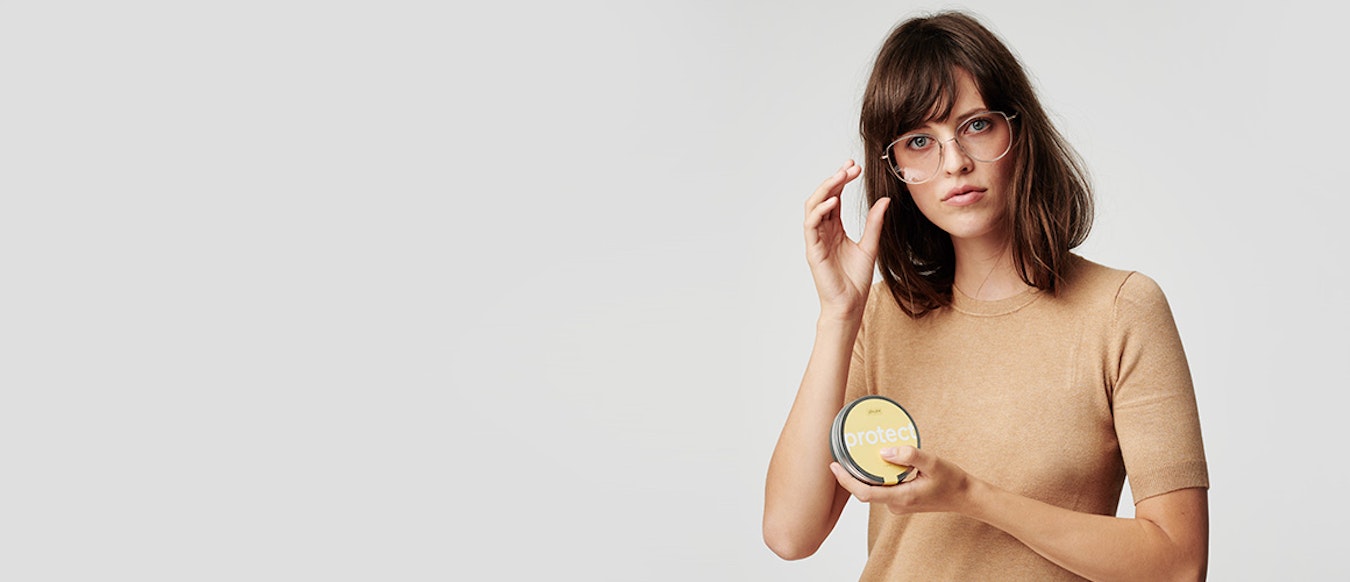We are constantly exposed to blue light – from daylight, which is natural, and artificial, as emitted by smartphone or PC screens. The problem: these screens are active sources of blue light which has a negative impact on the body. But not with CAPS protect von RINGANA – the internal shield.
There are two sources of blue light: natural blue light which comes from the sun and allows us to differentiate between night and day. And then there is artificial blue light which is emitted by the screens of mobile phones, PCs and other devices. We expose our body to these displays for hours on end every day, mostly for job-related reasons. That’s not good because this blue light can damage the retina, and upset our biorhythm. Digital screens fool the body into staying awake, because production of the sleep hormone melatonin is inhibited. The result: tiredness is suppressed, it becomes more difficult to fall asleep, and our biological clock becomes unbalanced.
There are three ways of protecting yourself:
#1 No more screens. But that’s out of the question – we can no longer escape mobiles, PCs and other devices, particularly when we use them for work.
#2 Blue light glasses. Spectacles like these aren’t great either – low fashion factor, annoying if you’re not used to glasses, and they distort colours – so not really suitable for people who work in graphics.
#3 That just leaves CAPS protect from RINGANA. They protect the eyes from within against blue light. Carefully selected, secondary plant substances help to reduce the concentration of oxygen radicals in the cells, so that the CAPS work as a “internal protective glasses”.
Good to know…
In 2018, Austrians spent 3.4 hours per day on their mobile phones (source: MMA survey). That doesn’t include the use of other devices such as tablets, PCs or TV. Germans spent over 10.5 hours per day using various media in 2018 (source: VAUNET). That’s a huge amount if you consider that a day has 24 hours. It means we spend almost half the day just staring at screens.
Where do we feel the effects first? Obviously, in our eyes. Burning, itching, prickling – looking at digital screens is unavoidable for lots of people, given that they rely on PCs, smartphones and other devices in their everyday working life. Experts use the term “office-eye syndrome” for this strain on the eyes caused by digital screens. It can lead to headaches, light sensitivity or tiredness. One of the causes is blue light which also penetrates our skin layers and can rapidly age the skin.
CAPS protect work from within to defend the body from these effects.


 Zur Übersicht
Zur Übersicht